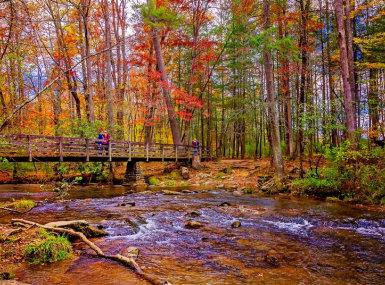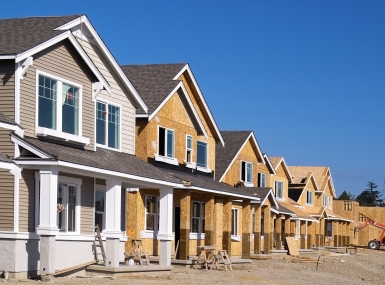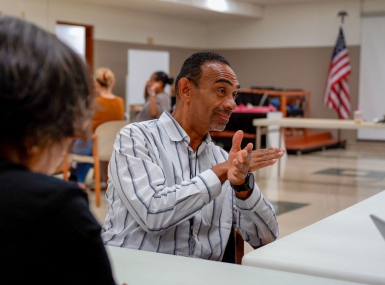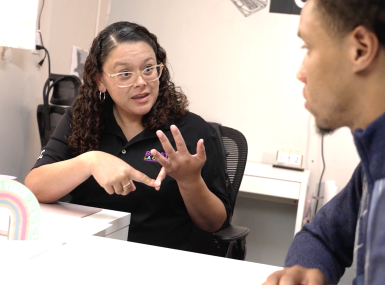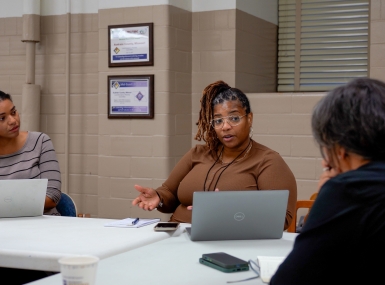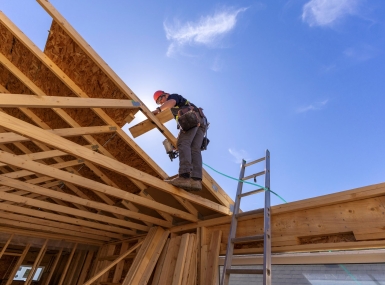Support Local Development and Infrastructure Projects Through the Community Development Block Grant Program

Author

Eryn Hurley
Upcoming Events
Related News
ACTION NEEDED
Urge your members of Congress to fund the U.S. Department of Housing and Urban Development (HUD) Community Development Block Grant (CDBG) program at no less than $4.2 billion in FY 2026. CDBG, funded through the Transportation, Housing and Urban Development (T-HUD) appropriations bill, has been cut by more than 1 billion dollars since its high in FY 1995, while serving nearly 50 percent more entitlement communities.
BACKGROUND
The CDBG program was enacted in 1974 to provide block grant funding for community development programs. The program assists urban, suburban and rural communities in improving housing and living conditions and expanding economic opportunities for low- and moderate-income individuals. CDBG helps create jobs by expanding and retaining businesses and is an essential tool for helping local governments tackle serious challenges facing our communities. Counties use the flexibility of CDBG funds to partner with the private and non-profit sectors to develop and upgrade local housing, water, infrastructure and human services programs. Counties rely on the flexibility of CDBG funds to meet each community’s particular development needs.
Collectively, the CDBG program provides annual grants on a formula basis to over 1,250 metropolitan city and county governments, or “entitlement communities,” in addition to state governments. 208 counties receive grants directly. These “entitlement” communities receive 70 percent of CDBG funds, while states receive the remaining 30 percent. “Non- entitlement” communities, such as rural counties, must compete for funding via the state formula allocation.
HUD determines the amount of each grant by using a formula comprised of several measures of community needs, including the extent of poverty, population, housing overcrowding, age of housing and population growth lag in relationship to other metropolitan areas.
Currently, CDBG is funded at $3.3 billion in FY 2025, a decrease of $150 million under the FY 2021 level. NACo members are encouraged to contact their members of Congress to support $4.2 billion in funding for CDBG in the FY 2026 appropriations process.
KEY TALKING POINTS
- The CDBG program provides vital resources for state and local governments to make investments to support economic development and improve community conditions. Every $1.00 of CDBG leverages $5.02 in non-CDBG funds.
- Since 2005, CDBG facilitated the creation and retention of 563,236 economic development related jobs, contributed to infrastructure development benefiting approximately 57 million persons, assisted over 189 million persons through public service activities, and met the housing needs of over 1.9 million households.
- Counties utilize the flexibility of CDBG funds to support projects that meet their local priorities in addressing community and economic development, housing, water, infrastructure and human service needs.
- CDBG funding cuts hurt job creation and community development investments. In FY23 alone, CDBG funding created or retained 14,512 jobs, benefited more than 7.5 million people through public services and provided public improvements and infrastructure projects for more than 2.5 million people.
- Funding for the CDBG program should be increased to $4.2 billion in FY 2026. The CDBG program has faced drastic cuts in recent years, falling by 1 billion dollars since FY 2010. CDBG was funded at $3.3 billion in FY 2024/2025.
